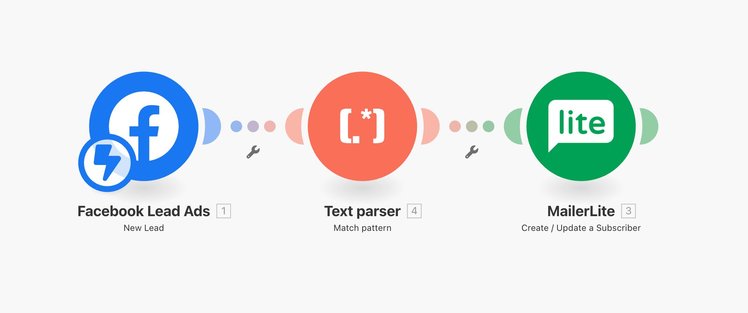Automations
Our dopamine system goes ding-ding-ding every time we go-go-go.
Like a little slot machine in our heads it drips out the feel-good hormone. It really feels like we're moving ahead and getting shit done.
But at the same time this burns us out. We stay in this heightened state for the entire day, never take a break and bring all of that baggage back home, to our friends and family, to our sleep.
Maybe you think it's fine because you can keep going. Good point—we're entrepreneurs, this is where we feel home! But the day has to end too. And if you feel like you're having less fun than you could, you probably crossed that line.
So what are automations?
They're a big part of the invisible engine that's behind every calm company.
In the next pillars we'll talk about how we can empower the team to work without your constant presence, but the great thing about automations is that you don't need any of that! (Well, there's quite some overlap actually, but let's not get ahead of ourselves.)
Let me first tell you what an automation is not. It's not a fancy AI robot, a complex software system or "something techy" you'll never understand.
I often compare automations to duct tape. A simple tool that helps you stick stuff together. Duct tape doesn't magically solve all your problems but it can make a lot of things a lot easier. You don't need to stand there all day holding pieces together.
Same thing here.
You probably have a whole bunch of software to run your business. The website, contact forms, CRM, invoicing, task manager, team chat, email marketing,... the list goes on.
Now, by default all of these apps are separate and you have to go copy-paste stuff from one to the other. You know, a customer should be subscribed to the newsletter, once an invoice is paid it has to be marked in the CRM, contact forms on the website should turn into leads.
That's what automations can do for you.
They're little pieces of software that are easy to build and make the most boring, most repetitive tasks just happen by themselves.
They can also help in your processes, like creating a set of to-do's every time a new project is created.
What are some things you could automate right now?
Take some time to write a few down. Let this article be a spark that starts some change starting now.
What I've found is that it's not that difficult to teach people how to build their own automations, but it can be hard to know what can be automated. It's often helpful to have someone else with experience "look over your shoulder" and notice good opportunities for automation.
Then you can go into Zapier or Make.com and connect it all up.

Here's an example of an automation: this one saves leads coming in from Facebook into my email list.
We don't want the day-to-day to depend on us doing this stupid stuff. We don't want the team to depend on what we know. We don't want the basics running through our mind all the time.
Because as the founder, what matters is not your ability to keep the ball rolling—what matters is your judgement. You're the one to decide the company's direction, you set the vision, you choose which balls to tackle and how to tackle them.
That's your superpower, and the calm company revolves around giving you the ability to express that.
Then you don't just make better decisions, but you feel better in the process.
So you can go to sleep with a calm heart.
So the next day you can deal with a team that's probably powerless.
Because you didn't give them what they needed.
